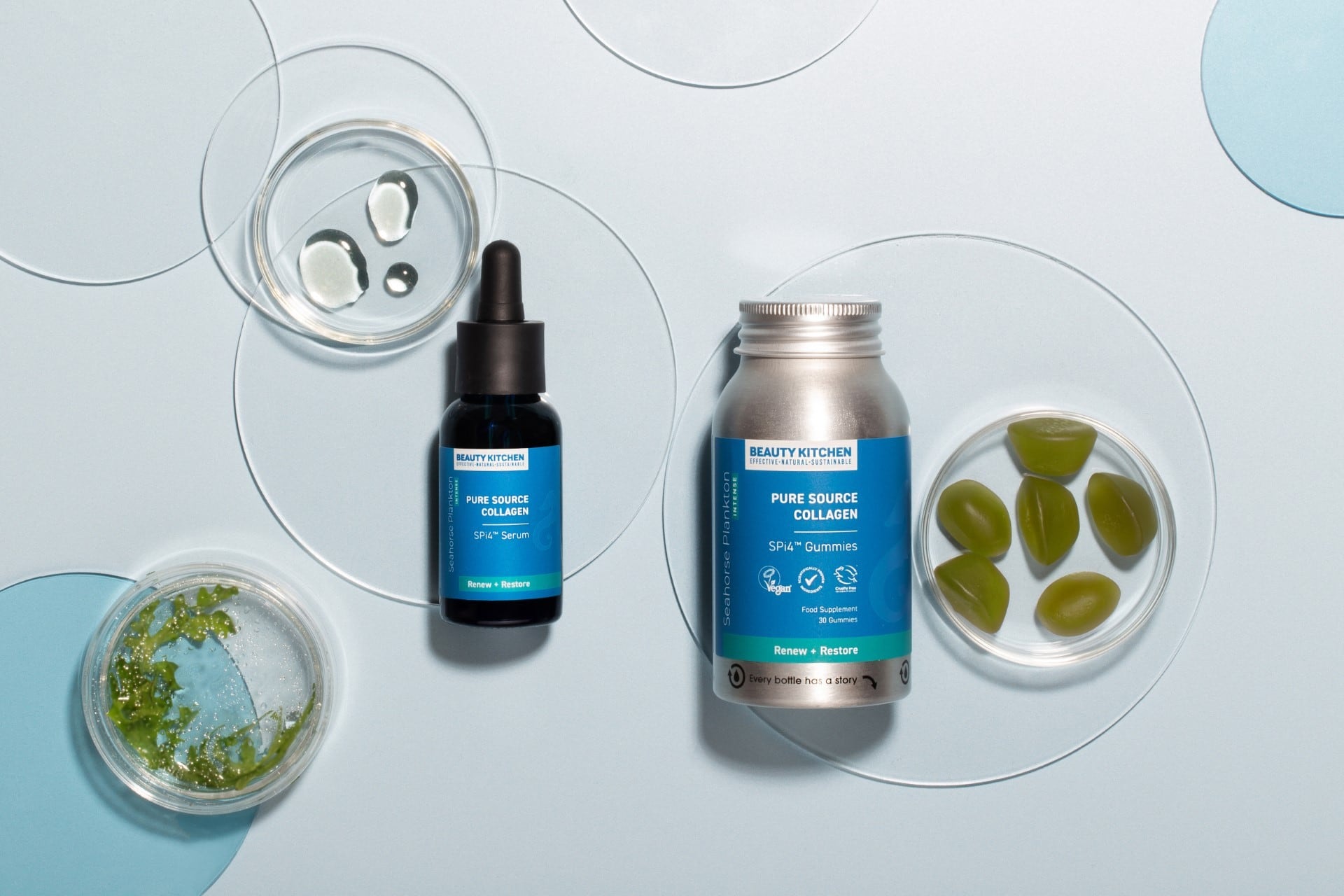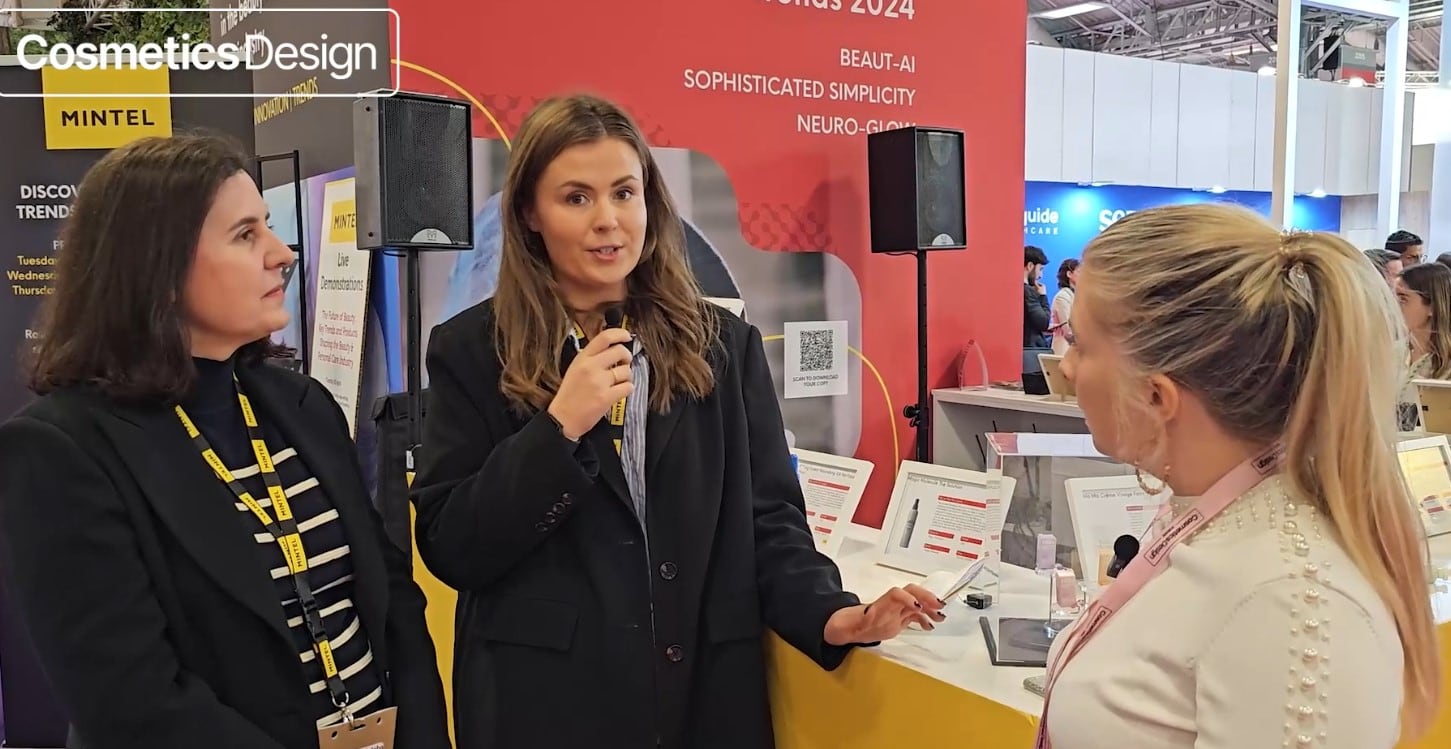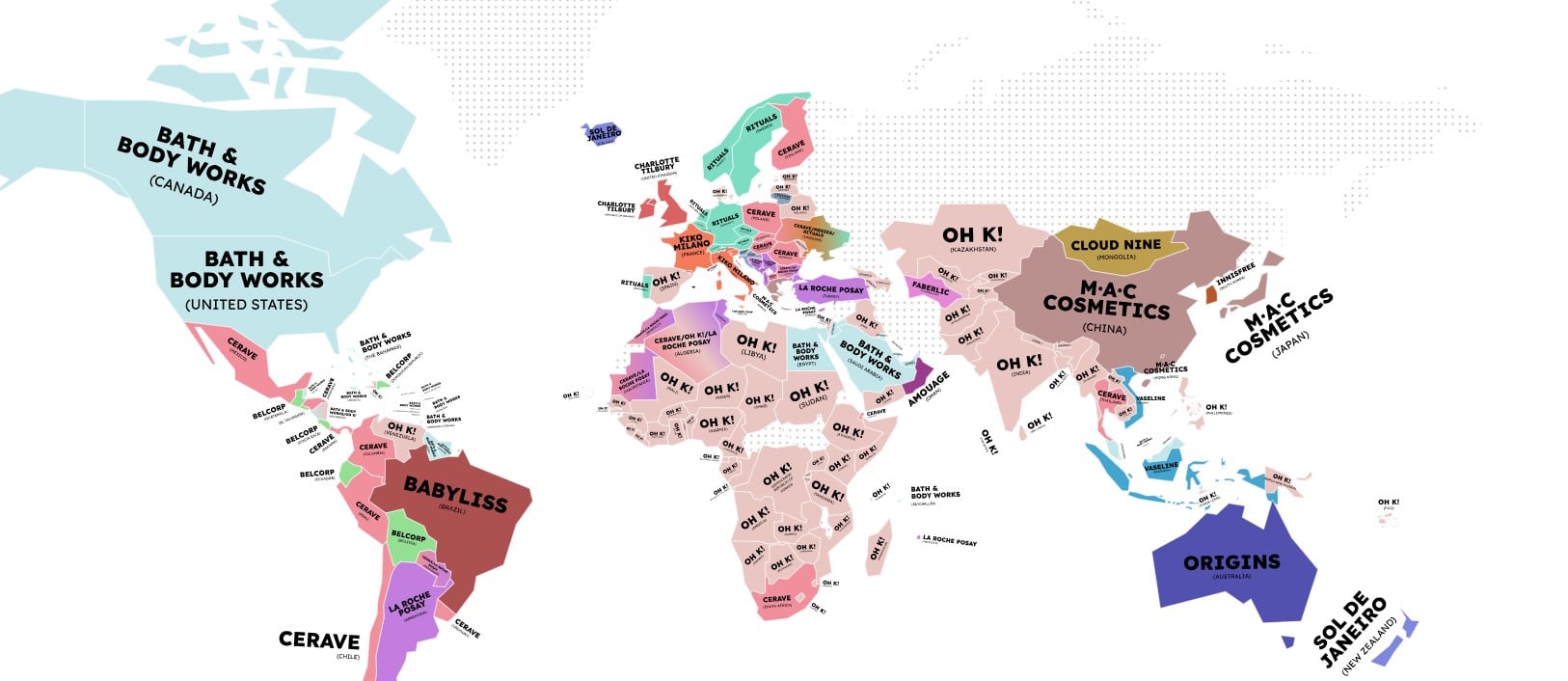Searching for cosmetics ingredients that are natural, clean-label, kind to the environment AND efficacious is no easy task. However, the current re-focus on marine ingredients: known as ‘blue beauty’ is one viable way to meet these demands.
Microalgae – in particular – is in the spotlight. These are photosynthetic organisms that produce useful metabolites due to constant exposure to stressful environments, such as high salinity, osmotic pressure, extreme temperatures, photo-oxidation, and ultraviolet radiation.
Perhaps the most famous microalgae is spirulina, although there are many different types that can be used to create cosmetic ingredients.
Metabolites from microalgae can be valuable in cosmetics formulations as they can offer anti-ageing, sunscreen, and skin-whitening benefits. Meanwhile, the secondary metabolites can also have anti-blemish or anti-microbial effects and can be used to prevent inflammation and heal and repair skin, as well as to protect skin from UV damage.
On top of the impressive efficacy, ingredients made from microalgae are environmentally friendly and many scientific studies have also shown great potential for them to help to counteract climate change.
Biotechnology for microalgae is also becoming more advanced, which can remove any concerns about over-harvesting.
“There are two main types of algae: macroalgae, better known as seaweeds and the smaller typically microscopic microalgae,” explained Professor Carole Llewellyn, Professor Emeritus in Applied Aquatic Bioscience for the University Swansea, who has spent years studying marine ingredients.
“Delving more deeply, the different types of algae are vast. We are familiar with seeing red, brown and green seaweeds around our coastlines, but microalgae are even more diverse with tens of thousands of different species many of which have yet to be explored in terms of their beneficial properties,” she continued.
“Brown seaweeds and microalgae, for example, are rich in the carotenoid pigment fucoxanthin, while others are rich in the pigment astaxanthin a strong antioxidant,” explained Professor Llewellyn.
Cultivated in bio tanks that replicate the ocean’s natural environment
More beauty brands are now formulating with microalgae-based ingredients.
Hungarian skincare brand Omorovicza launched its Queen Serum, which it said was the first cosmetics product to use Vitamin A in the form of Mediterranean microalgae, to help reduce fine lines and wrinkles.
Meanwhile, the UK-based natural beauty brand Beauty Kitchen also recently launched its ‘beauty-from-within’ collection Pure Source Collagen Collection, which included Pure Source Collagen Serum and Pure Source Collagen Gummies for an inside-out approach.
Both products are formulated with a pure and potent blend of four sustainably sourced microalgae – known as SPi4™ Complex – which is encapsulated in olive and cranberry seed oil.
According to the brand, the products effectively stimulate the body’s own natural collagen production and are scientifically proven to boost hydration and reduce the appearance of fine lines, wrinkles, and sun damage.
The microalgae is sustainably sourced, cultivated in bio tanks that replicate the ocean’s natural environment, rather than being taken from the sea itself.
Beauty Kitchen’s founder Jo Chidley said she believes microalgae has huge potential for the future of cosmetics formulations.
“We want to highlight the power of microalgae for beauty,” she said. “We've got four microalgae in this product and these cover about 20 different things: from protecting you from pollution, through to collagen synthesis and production.”
“And the best part is that we don't need to take the microalgae from their natural ocean space, we can grow it in big greenhouses,” she continued.
“Microalgae just needs water, carbon dioxide and sunlight. And, 50% of all oxygen that's created on the planet is created through microalgae. So, if we are then growing more microalgae, then we will also create oxygen.”
Innovation in marine-derived ingredients
To create the products, Chidley worked microalgae ingredients specialist Natura Tec, and said that the results from clinical trials of the ingredients “would blow your mind.”
Natura Tec, which is based in France, is just one of the numerous European businesses currently innovating in this space.
Another is the Spanish company Algaktiv, which launched Algavtiv Collage in late 2023: a 2-in-1 firming complex is made from vegan collagen peptides and spermidine, which is derived from microalgae.
The COSMOS-certified ingredient is made with resilient extremophile Hematococcus pluvialis, which thrives in the harshest environments of Iceland. It can change its own biochemistry when subjected to stress and produces astaxanthin, a red nutraceutical antioxidant.
The company also recently launched RetinART as an alternative to retinol or bakuchiol, which is made from Mediterranean microalgae.
Meanwhile French business with expertise in microalgae, Microphyt, recently showcased two new ingredients Luteana for facial skin care and Luteana Scalp for hair care at the InCosmetics Global show.
The company identified two molecules of interest to address structural and biochemical imbalances: DHA, a microalgae omega-3, which it said is “able to restore structural imbalance through lipid cement restructuration.” And Fucoxanthin, which it called “a marine world carotenoid, able to restore biochemical imbalance thanks to anti-inflammatory and anti-protease actions.”
Microphyt’s ingredients were derived from a Tahitian microalgae species Tisochyrisis lutea, which has an extraordinary ability to adapt as it is sensitive but lives in a stressful environment (hot water with a high salt and acidity content).
Meanwhile, there has also been more cosmetics ingredients innovation in macroalgae – AKA seaweed.
The Scottish marine ingredients company Oceanium has just unveiled research from the Technical University of Denmark (DTU) that OCEAN ACTIVES, it’s new high-purity (over 80%) seaweed bioactive, protects sensitive skin by restoring and enhancing its barrier function by an impressive 400% (increase in K10 expression).
The ingredient already had various other clinically proven benefits, including being able to reduce redness by up to 96%.





